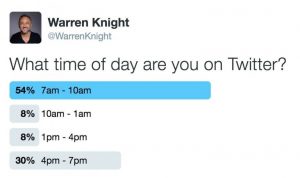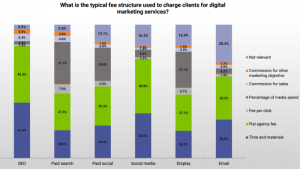
A few years ago, Micah Adler and his colleagues had a problem. His startup, Fluent Mobile, had developed a mobile app named Fluent News Reader that received rave reviews, but after the interest created by a successful launch the app had difficulty finding users. It turned out no matter how good the reviews, it was very hard to stand out from the pack.
Adler, now the CEO of Fiksu, recognized that his team wasn’t the only one facing that challenge—in fact, it plagued almost every startup and developer making mobile apps and games. Mobile was the new and hot game, but no one had figured out the rules or the winning strategy. While the technology had changed, the core problem of attracting customers and convincing them to pay was the age-old issue faced by advertisers everywhere.
Solving the mobile marketing problem was the genesis of Fiksu, which has become a leader in the emerging industry of advertising to mobile device users. The Boston-based company now has more than 300 employees and is bringing in annual revenue of more than $ 100 million. It works with more than 1,000 customers, including Coca-Cola, Electronic Arts, and Groupon, and collects more than 7 trillion data points to create profiles of more than 2 billion mobile devices. While that’s impressive, all of those numbers could grow dramatically if Fiksu can capitalize on Adler’s vision to become a major player in the global market for mobile advertising that experts predict could reach $ 160 billion by 2018.
Fiksu took a step in that direction last week, when it released two new applications for marketers looking to advertise to mobile app users. The products are used to find and target mobile device users for ad campaigns and then track the campaigns’ effectiveness and return on investment.
The new products build on the software and know-how Fiksu developed while helping mobile app and mobile game developers promote their apps and retain users.
Now Fiksu is making a big play in mobile marketing because Adler sees the field maturing—and getting more complicated.
“The space is getting more and more complex,” Adler said. “What advertisers have found is there’s a very large number of technology components which the advertiser needs to be successful with their mobile marketing campaigns.” He believes Fiksu is the only company that offers a comprehensive product that’s easy for advertisers to use.
Adler started thinking seriously about advertising when Fluent Mobile began advertising to boost the number of downloads for its news reader. He saw just how “incredibly inefficient” digital advertising was and determined it cost about $ 3 to get someone to download the app. The company decided to create its own marketing software, and Adler said the team was able to cut that price to 26 cents.
That software was more promising than the apps Fluent Mobile was developing, and the company changed focus and rebranded. The pivot was successful in part because the software was powerful enough to extend to a wide range of users, including both developers and marketers.
“I’m always a fan of building fundamental tools that have a lot of different ways that you can use those tools. That’s what we’ve been doing all along,” Adler said.
In addition to collecting data about app usage and mobile users, Fiksu makes software that customers can use to conduct “programmatic” ad campaigns and engage in real-time bidding for ad space. Fiksu can handle ads ranging from simple ads included in a free version of popular games to videos on mobile-optimized websites to ads on Facebook and Twitter’s apps.
Fiksu’s analytics also help advertisers optimize campaigns by targeting the right potential customers and tracking what ads on what platforms are delivering the best results.
Adler called the race to own mobile marketing “a land grab,” but he believes Fiksu’s head start of just a few years will be invaluable to its success.
“Even at the level of complexity today, it’s much harder for an advertiser to do everything themselves, or for a small startup or even a mid-sized startup to start from scratch and try to build all of the different pieces that we’ve built,” Adler said.
UNDERWRITERS AND PARTNERS
(250)











